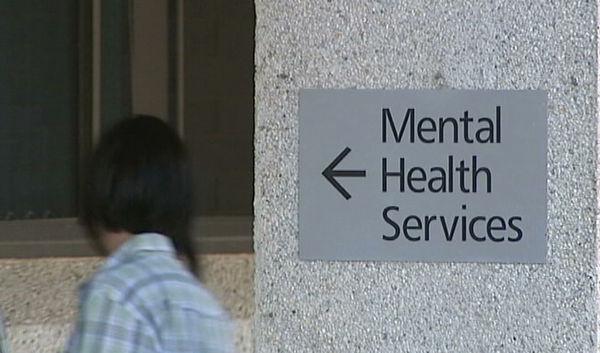Policing on the front line of mental health emergencies: mind the gap
Posted By Vernon White on April 10, 2019 @ 12:04

The issue of mental health is one that police across Australia have become all too familiar with. The deinstitutionalisation and movement into the community of people with severe mental illness have resulted in the police becoming the default front line in managing such people during crises. Mental health calls often involve medical emergencies rather than crimes and don’t require a police presence except to facilitate access to medical care. The brutal reality is that the police haven’t been provided with the right tools for such interventions and their response is often inadequate.
People often ask whether the police are properly trained to manage such calls: do they have the appropriate mechanisms, capability and capacity to deal with the mentally ill? That’s the wrong question. The question should be, ‘Why are we sending the police to mental health calls without access to the tools they need?’
Of course, attending to mental health crises and people battling mental illness, searching for people who have walked away from care and trying to connect the mentally ill with the services they need are all part of the role of today’s police officer. The problem is that once police respond to such calls their access to onsite or even post-call care is limited.
The Royal Australian College of General Practitioners annual report for 2017–18 identified mental health problems, such as depression, mood disorders and anxiety, as the most common issues brought to GPs. That doesn’t surprise most police officers—they see these problems every day in all jurisdictions. In the ACT, the Australian Federal Police found that a full 10% of callouts were of this type. That result was in line with the findings of other studies, including one published in Psychiatric Services in 2016, which showed that one in four people in Canada, the US and the UK who had mental health episodes had been involved with the police.
The challenge for police is that there’s a disconnect between their training and what they’re expected to do. Most police training in mental health is focused on managing situations, particularly those in which people may become violent or dangerous, but the reality is that the mentally ill require an intervention, more often than not by a mental health specialist.
The NSW Police Force has been running a special program [1]—the Mental Health Intervention Team—for more than a decade that focuses on reducing the risk of injury to police and civilians; improving police officers’ awareness of mental health issues; increasing collaboration between the police and responsible agencies; and reducing the time between frontline and medical interventions. This closely mirrors other programs in Australia and abroad and is seen as a success. The problem is that it isn’t enough.
The police can’t say no to mental health callouts; they have a legal responsibility to respond. The question is twofold: Are they trained to the level required? And do they have the necessary access to mental health professionals? There are no other medical emergencies in which we expect the police to be the first and often the only line of defence.
In my discussions with police in some jurisdictions, I was advised that mental health callouts make up more than 20% of all calls for service. That, coupled with the fact that it can take many hours to get the person into the hands of a mental health professional, means it’s common for a police officer to begin and end their shift managing just one case.
What we need to focus on now is ‘minding the gap’. The police are clear that they must have rapid onsite aid from mental health professionals when needed. Mental health professionals might not feel safe in managing some calls without the aid of police officers. The emergency systems, both health and police, must work hand in glove if they want to manage these calls appropriately, effectively and efficiently.
Any strategy must cover police training, how the police are engaged and how they’re supported to bridge the divide between the demands of the community and their ability to meet those demands. Minding the gap will only be accomplished by having a coordinated response using both the police and mental health professionals in the community on the front line as an immediate response.
Article printed from The Strategist: https://aspistrategist.ru
URL to article: /policing-on-the-front-line-of-mental-health-emergencies-mind-the-gap/
URLs in this post:
[1] a special program: https://www.police.nsw.gov.au/safety_and_prevention/your_community/mental_health
Click here to print.